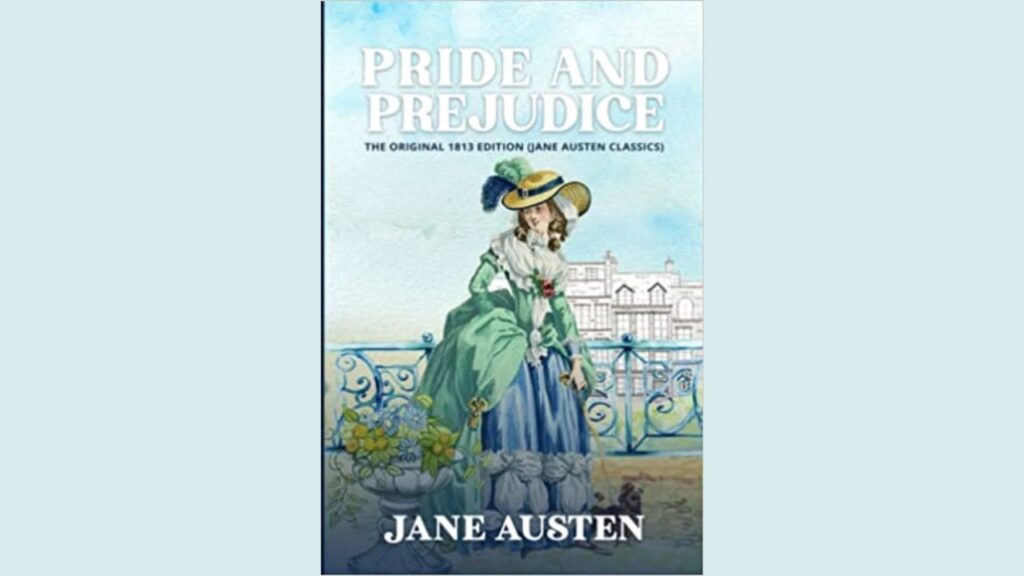
Harper Lee’s To Kill a Mockingbird is a timeless exploration of morality, justice, and human integrity, set against the backdrop of the racially segregated American South during the 1930s. At the heart of the novel is Atticus Finch, a lawyer and single father who embodies the qualities of a moral hero. Through his unwavering commitment to justice, his compassionate parenting, and his ability to see the humanity in everyone, Atticus serves as a beacon of moral integrity in a society riddled with prejudice and inequality. This essay will examine the role of Atticus Finch as a moral hero, analyzing his actions, beliefs, and influence on the other characters in the novel. By exploring his defense of Tom Robinson, his parenting style, and his broader philosophical outlook, we will argue that Atticus Finch represents the ideal of moral courage and serves as a model for ethical behavior in the face of societal injustice.
Atticus Finch: A Definition of Moral Heroism
A moral hero is someone who consistently upholds ethical principles, even in the face of adversity, and who inspires others to do the same. Atticus Finch exemplifies this definition through his actions, words, and the values he instills in his children. His moral heroism is not defined by grand gestures or dramatic victories but by his quiet, steadfast commitment to doing what is right, regardless of the consequences.
Atticus’s moral heroism is rooted in his belief in the inherent dignity and worth of every individual. This belief guides his actions throughout the novel, from his defense of Tom Robinson to his interactions with the people of Maycomb. Atticus’s ability to see the humanity in others, even those who hold prejudiced or hateful views, sets him apart as a figure of moral integrity. His heroism lies not in his ability to change the world single-handedly but in his refusal to compromise his principles, even when faced with overwhelming opposition.
The Defense of Tom Robinson: A Stand Against Injustice
The central event that defines Atticus Finch as a moral hero is his defense of Tom Robinson, a Black man falsely accused of raping a white woman, Mayella Ewell. Atticus’s decision to take on the case is an act of moral courage that sets him apart from the rest of Maycomb society. In a town where racial prejudice is deeply ingrained, defending a Black man against a white accuser is seen as not only futile but also dangerous. Yet, Atticus chooses to stand up for what is right, knowing that he cannot win the case but believing that it is his duty to uphold the principles of justice and equality.
Atticus’s defense of Tom Robinson is characterized by his meticulous preparation, his respect for the legal process, and his unwavering commitment to the truth. During the trial, Atticus exposes the inconsistencies in the testimonies of Bob and Mayella Ewell, revealing the flimsiness of the case against Tom. His cross-examination of Mayella, in particular, is a powerful moment that highlights her loneliness and desperation, as well as the systemic injustices that have shaped her life. Atticus’s closing argument is a masterful appeal to the jury’s sense of justice and morality, urging them to look beyond their prejudices and consider the evidence objectively.
Despite Atticus’s efforts, the jury convicts Tom Robinson, reflecting the deep-seated racism of Maycomb society. However, Atticus’s defense of Tom is not a failure but a triumph of moral courage. By standing up for Tom, Atticus challenges the status quo and forces the people of Maycomb to confront their own prejudices. His actions inspire others, including his children, to question the injustices around them and to strive for a more equitable society.
Parenting with Integrity: Teaching Empathy and Justice
Atticus Finch’s role as a moral hero extends beyond the courtroom to his role as a father. His parenting style is characterized by his emphasis on empathy, fairness, and moral integrity, which he instills in Scout and Jem through his words and actions. Atticus’s approach to parenting is a reflection of his broader philosophical outlook, which values understanding and compassion over judgment and prejudice.
One of the key lessons Atticus teaches his children is the importance of empathy. His famous advice to Scout—“You never really understand a person until you consider things from his point of view… until you climb into his skin and walk around in it”—encapsulates his belief in the need to see the world from others’ perspectives. This lesson is central to Scout’s moral development, as she learns to empathize with characters like Boo Radley and Mayella Ewell, despite their differences.
Atticus also teaches his children the value of standing up for what is right, even when it is difficult or unpopular. His defense of Tom Robinson serves as a powerful example of this principle, as he demonstrates the importance of moral courage in the face of societal pressure. Atticus’s willingness to confront injustice, even when he knows he cannot win, inspires Scout and Jem to develop their own sense of moral responsibility.
In addition to his teachings, Atticus leads by example, modeling the values he wants his children to embrace. His calm and composed demeanor, even in the face of hostility, reflects his commitment to fairness and respect. For instance, when Bob Ewell spits in his face, Atticus responds with dignity, refusing to stoop to Ewell’s level. This act of restraint teaches Scout and Jem the importance of maintaining one’s integrity, even in the face of provocation.
A Philosophical Outlook: The Complexity of Human Nature
Atticus Finch’s moral heroism is also rooted in his nuanced understanding of human nature. Unlike many characters in the novel, who see the world in black-and-white terms, Atticus recognizes the complexity and contradictions of human behavior. This philosophical outlook allows him to approach others with compassion and understanding, even when they hold views that are diametrically opposed to his own.
Atticus’s ability to see the humanity in everyone is exemplified by his interactions with the people of Maycomb. For example, he treats Mrs. Dubose, a cantankerous and racist neighbor, with respect and kindness, despite her harsh words and prejudiced views. Atticus understands that Mrs. Dubose’s bitterness is rooted in her own struggles, and he encourages Scout and Jem to see her as a person rather than a caricature. This lesson in empathy is a crucial part of Scout’s moral education, as she learns to look beyond surface-level judgments and recognize the complexities of human behavior.
Atticus’s philosophical outlook also shapes his approach to justice. He believes in the importance of the legal system as a means of achieving fairness and equality, even though he is acutely aware of its flaws. His defense of Tom Robinson is not just about proving Tom’s innocence but about upholding the principles of justice and equality that the legal system is supposed to represent. Atticus’s faith in the potential for justice, despite its imperfections, reflects his broader belief in the possibility of moral progress.
The Impact of Atticus’s Moral Heroism
Atticus Finch’s moral heroism has a profound impact on the other characters in the novel, particularly Scout and Jem. His actions and teachings shape their understanding of the world and inspire them to develop their own sense of moral responsibility. Through Atticus, Harper Lee demonstrates the power of moral courage to inspire change, even in the face of overwhelming adversity.
Scout’s growth throughout the novel is a testament to the influence of Atticus’s moral heroism. By the end of the novel, Scout has internalized Atticus’s lessons about empathy, justice, and integrity, as evidenced by her ability to see Boo Radley as a human being rather than a figure of fear. Her realization that “most people are [nice], when you finally see them” reflects the enduring impact of Atticus’s teachings on her worldview.
Jem, too, is deeply influenced by Atticus’s moral heroism, although his journey is marked by a greater sense of disillusionment. The trial of Tom Robinson shatters Jem’s faith in the fairness of the world, but it also strengthens his commitment to justice and equality. Jem’s admiration for Atticus and his desire to emulate his father’s moral courage reflect the lasting impact of Atticus’s example.
Conclusion: Atticus Finch as a Model of Moral Heroism
Atticus Finch’s role as a moral hero in To Kill a Mockingbird is defined by his unwavering commitment to justice, his compassionate parenting, and his ability to see the humanity in everyone. Through his defense of Tom Robinson, his teachings to Scout and Jem, and his philosophical outlook, Atticus embodies the ideals of moral courage and integrity. His actions serve as a powerful reminder of the importance of standing up for what is right, even in the face of overwhelming opposition.
Atticus’s moral heroism is not about achieving grand victories or changing the world overnight but about maintaining one’s principles and inspiring others to do the same. In a society riddled with prejudice and inequality, Atticus stands as a beacon of hope and a model of ethical behavior. Through his character, Harper Lee challenges readers to reflect on their own moral responsibilities and to strive for a world in which justice, empathy, and integrity prevail. Atticus Finch’s legacy as a moral hero continues to resonate, reminding us of the enduring power of moral courage in the pursuit of a more just and equitable society.



